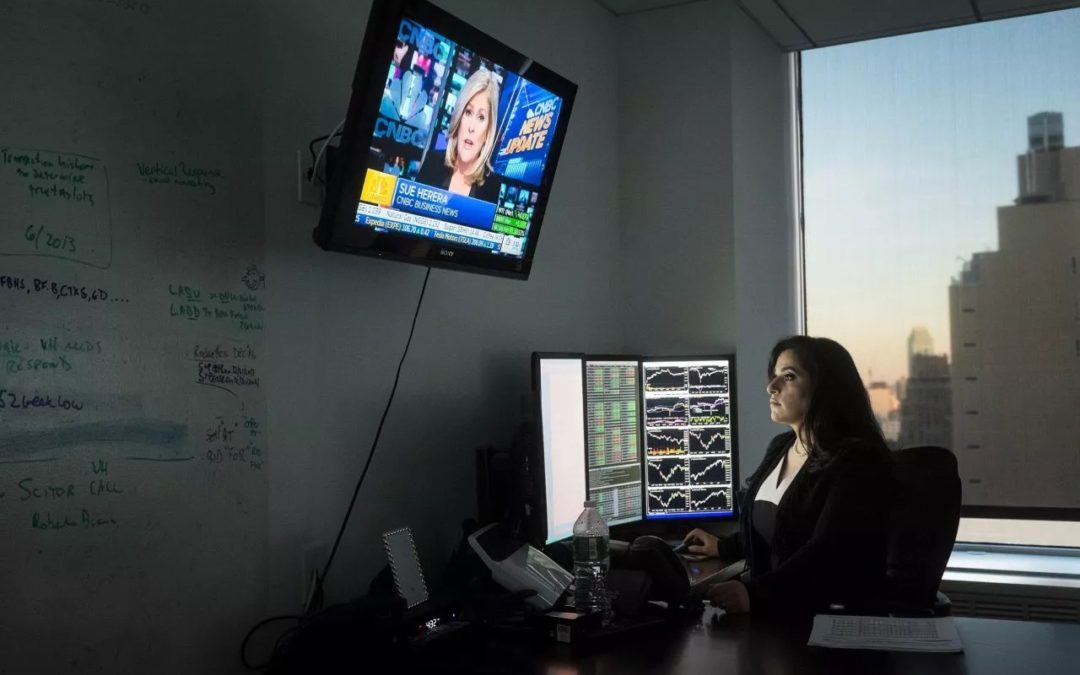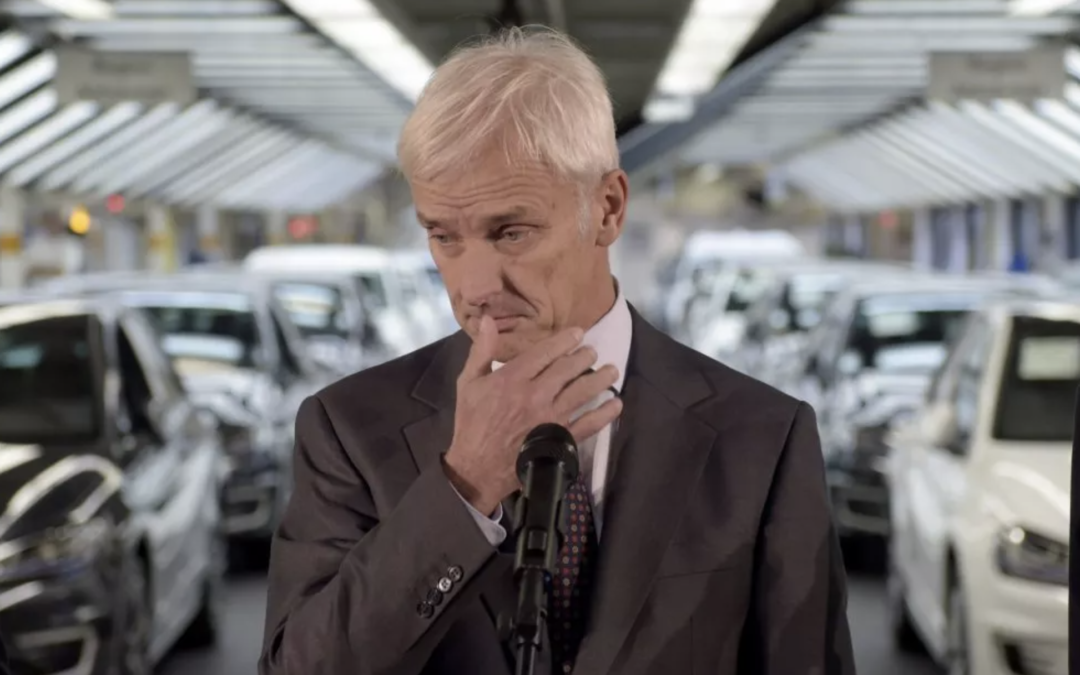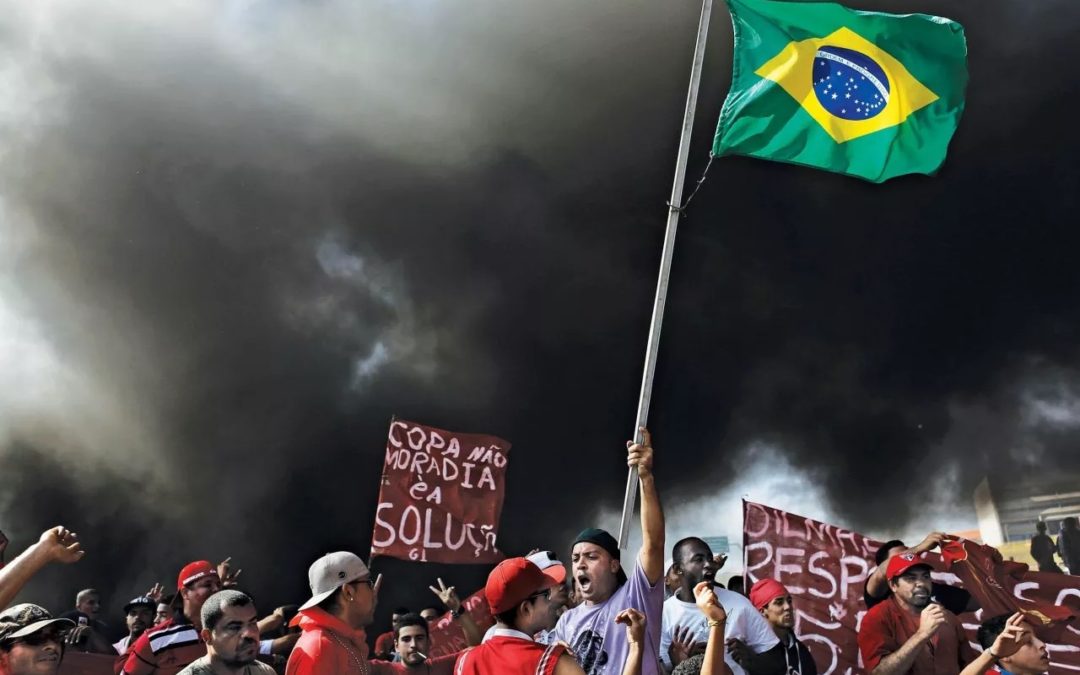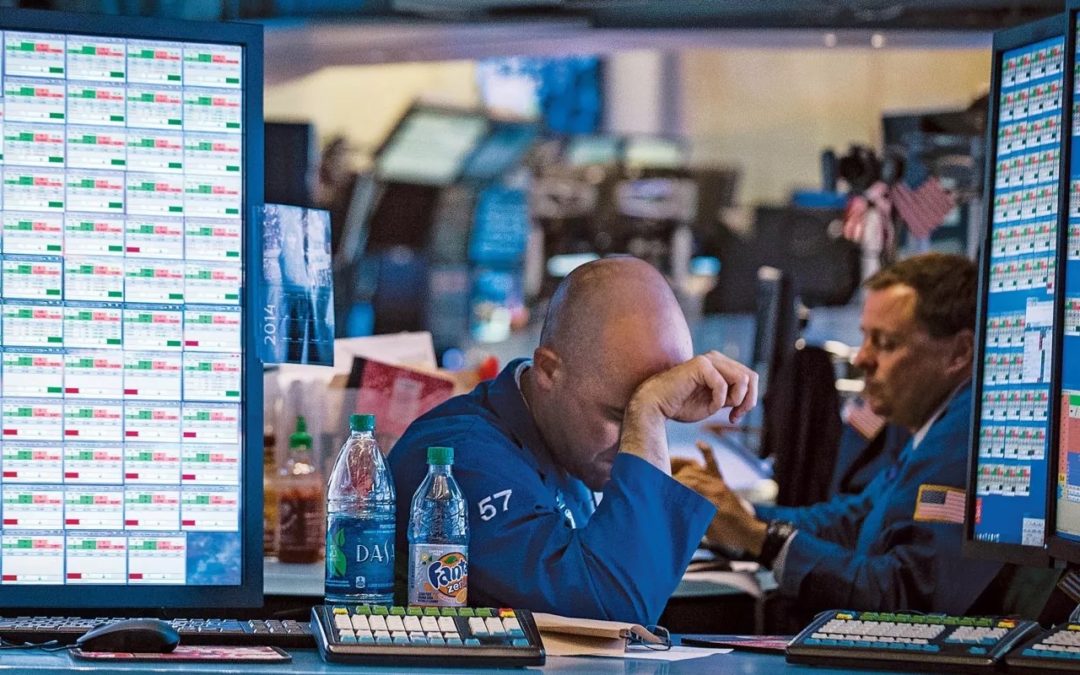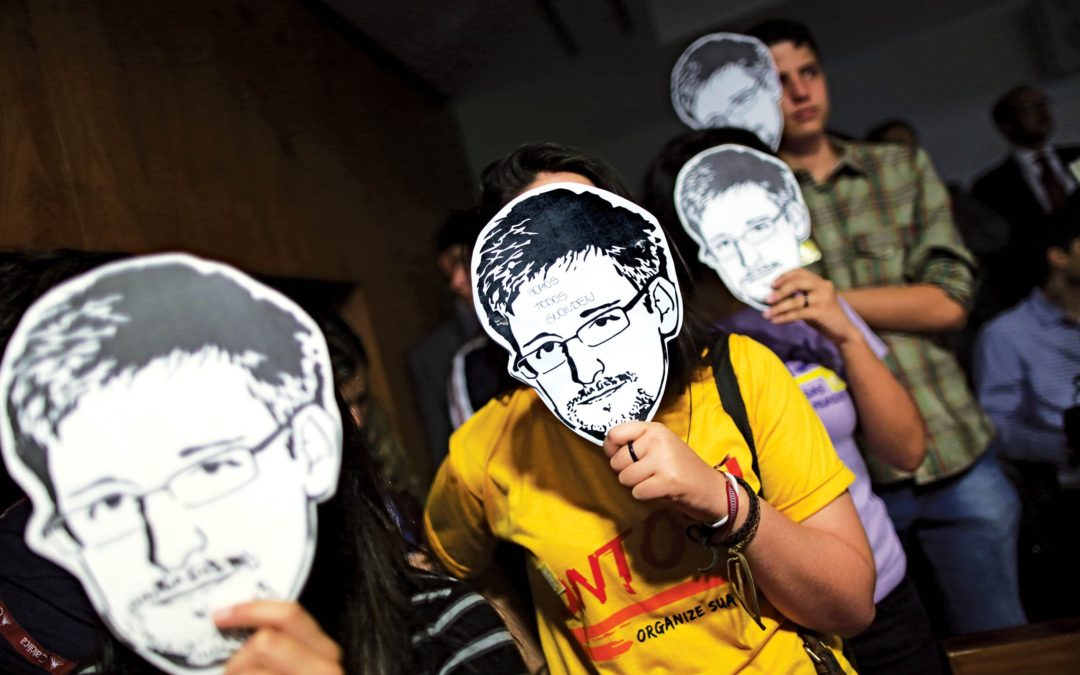
by reginaldwam3 | Jan 26, 2016 | Top Stories, Uncategorized
Of all the rarefied niches on Wall Street, perhaps the most opaque and exclusive is the hedge fund industry, where traders are handed millions and even billions of dollars to invest on behalf of banks, endowments, pension funds and the superrich.

by reginaldwam3 | Dec 15, 2015 | Newsweek, Top Stories
In December 10, Volkswagen Chairman Hans-Dieter Pötsch made a public admission: A group of the company’s engineers decided to cheat on emissions tests in 2005 because they couldn’t find a technical solution within the company’s “time frame and budget” to build diesel engines that would meet U.S. emissions standards. When the engineers did find a solution, he said, they chose to keep on cheating, rather than employ it.

by reginaldwam3 | May 11, 2015 | Newsweek, Top Stories
Judgment Day for the U.S. Surveillance State Leah McGrath GoodmanNewsweekMay 11, 2015 When James A. Baker, the Federal Bureau of Investigation’s newly appointed general counsel, met for dinner with Google Executive Chairman Eric Schmidt a couple of months ago,...

by reginaldwam3 | Mar 7, 2015 | Top Stories
The EMBERS Project Can Predict the Future With Twitter Leah McGrath GoodmanNewsweekMarch 7, 2015 For the majority of Americans born after World War II, it is unlikely Arlington, Virginia, holds any special significance. But for those who know that the outcome of the...

by reginaldwam3 | Feb 12, 2015 | Newsweek, Top Stories
Predicting the Next Wall Street Disaster Leah McGrath GoodmanNewsweekFebruary 12, 2015 Wouldn’t it be great if the U.S. had a heat map of the entire financial system that could alert it to vulnerabilities and approaching calamities before a global crisis struck?...

by reginaldwam3 | Jan 17, 2015 | Top Stories, Uncategorized
In 2013, Miranda filed a lawsuit against the U.K.’s Home Office and the Metropolitan Police Service claiming he was unlawfully detained and interrogated under the Terrorism Act 2000. He also claimed that his right to freedom of expression guaranteed under Article 10 of the European Convention on Human Rights and Fundamental Freedoms (ECHR) was violated. The U.K.’s High Court of Justice rejected the suit in February 2014, and his case is due to go to appeal in the first half of 2015.
